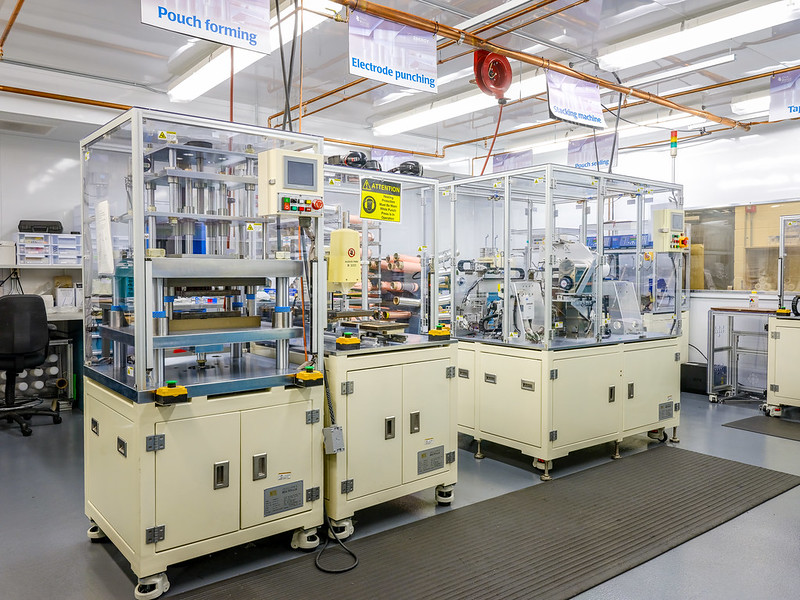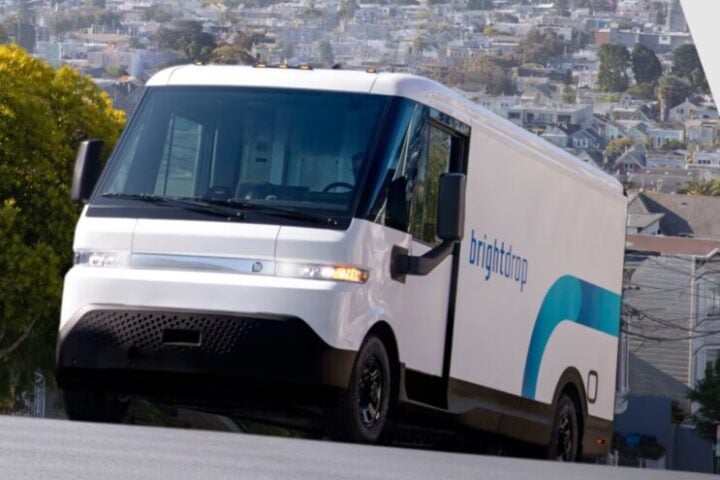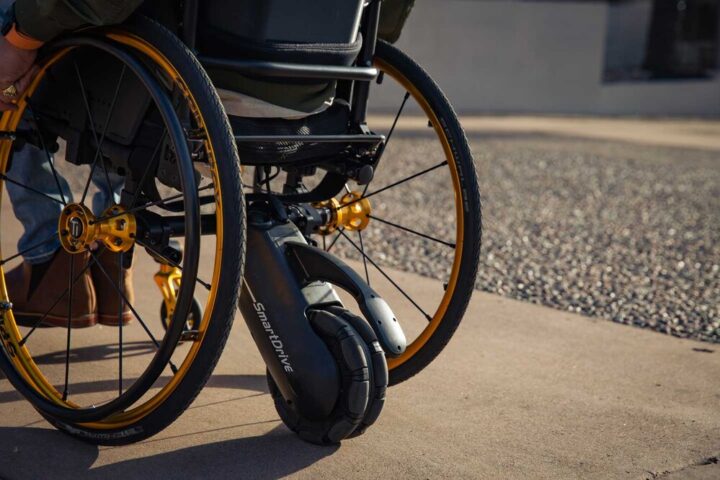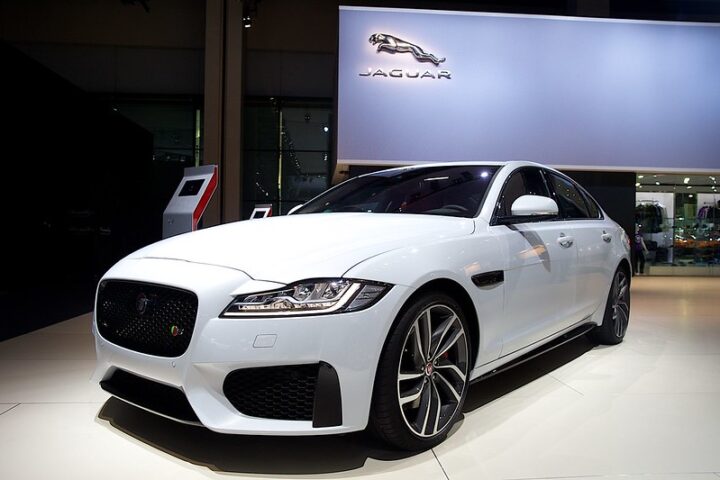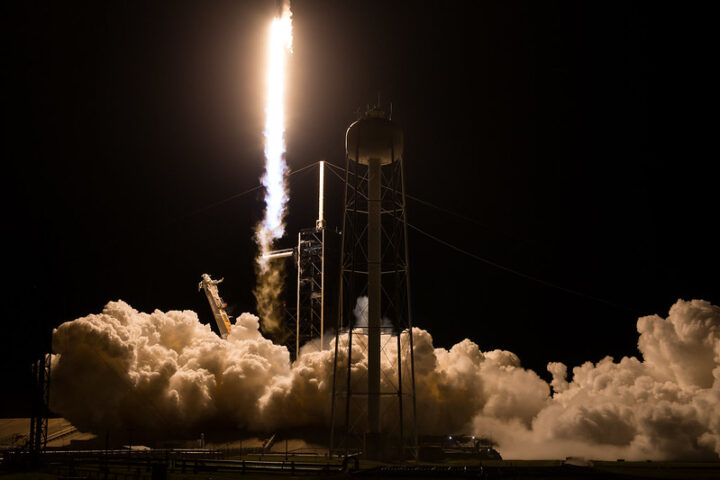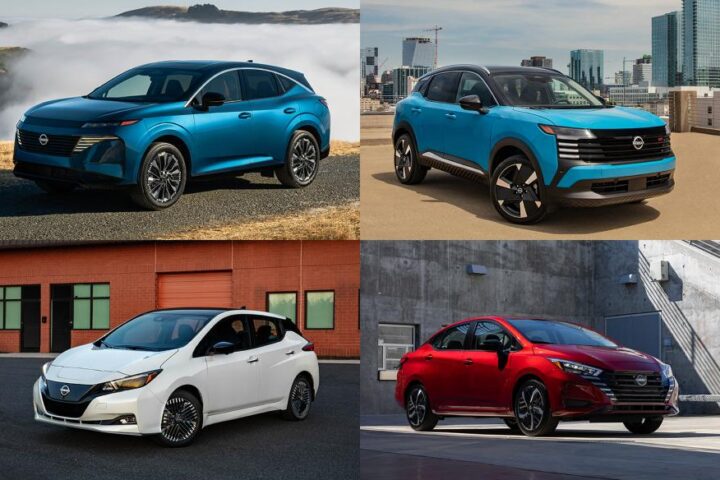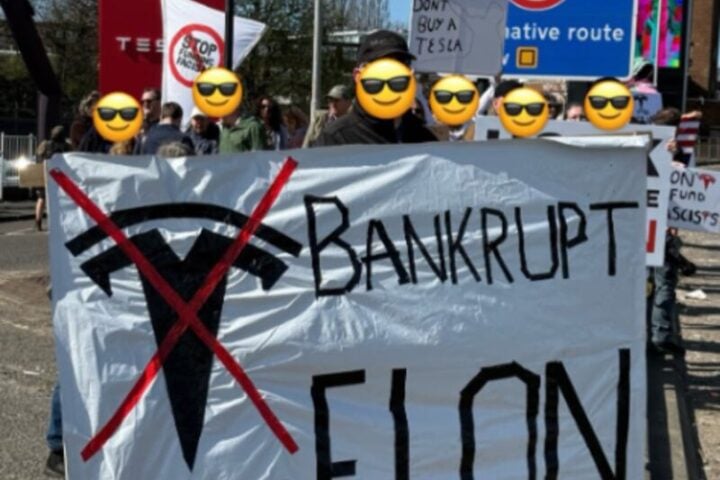A new $500 million factory in Louisiana will make materials needed for electric car batteries, creating hundreds of local jobs. Japanese company UBE started building the plant on February 13, marking the first time these important battery materials will be made in America.
The factory will make two key ingredients – dimethyl carbonate (DMC) and ethyl methyl carbonate (EMC) – that are essential components for lithium-ion batteries in electric vehicles. These materials are crucial solvents that help make the batteries work. Right now, car makers have to buy these materials from other countries, mainly China.
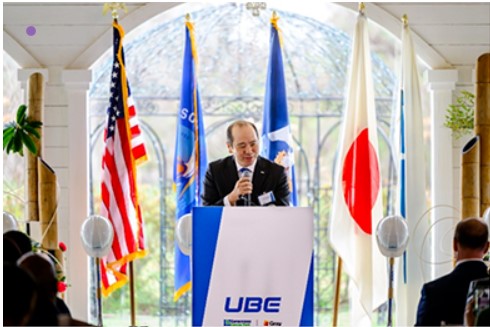
Located in Waggaman, Louisiana, the plant will create over 400 construction jobs right away. Once it opens in November 2026, it will provide 50-60 permanent jobs for local workers. The factory will make enough materials each year (100,000 tons of DMC and 40,000 tons of EMC) to supply many U.S. electric car manufacturers.
UBE uses a special manufacturing process that creates less waste and pollution than similar factories in other countries. “Our proprietary nitrite process enables us to realize a very limited environmental impact and much fewer by-products compared to other existing plants and processes, particularly in mainland China,” says Masato Izumihara, UBE’s president and representative director.
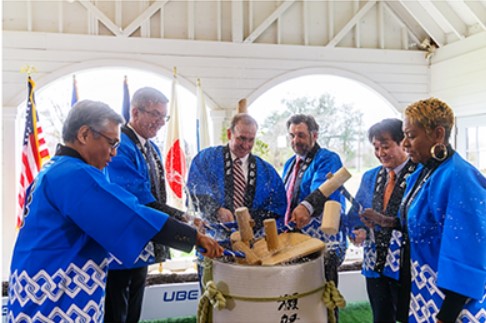
Similar Posts
Local residents initially worried about having a chemical plant nearby. In response, UBE agreed to build only within existing industrial areas and promised $50,000 to support six West Bank organizations, including local schools and the volunteer fire department. The company also worked with environmental regulators, receiving an air permit from the Louisiana Department of Environmental Quality in December.
The plant is part of a bigger trend in Louisiana, where six companies are building facilities for electric car parts. Together, these projects are bringing $2.4 billion in investment and creating over 600 jobs in the state.
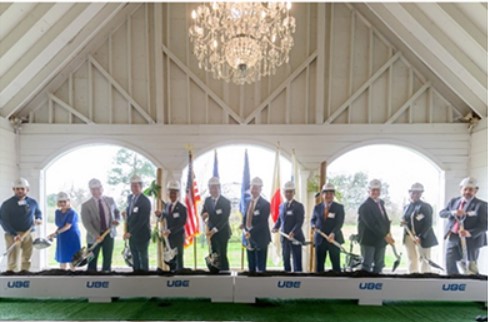
To help make the project happen, local government offered UBE $80 million in tax breaks over ten years. Officials believe this investment will pay off by creating jobs and helping America make more parts for electric cars at home rather than relying on other countries.

“All these battery manufacturing facilities in the U.S. will be able to source materials domestically, which means a shorter supply chain, a more cost-effective supply chain, and better integration in the U.S.,” explains Tom Yura, chief operating officer of UBE’s American subsidiary. Having local production of these materials could logically help reduce transportation costs and delivery times for manufacturers.
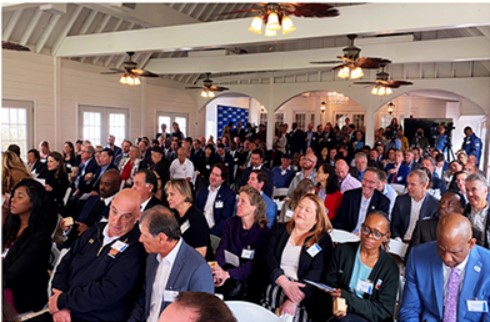
The plant shows how manufacturing is changing in America, with new types of factories creating jobs while supporting the growth of electric vehicles. Its success will depend on market demand for electric and hybrid vehicles, as well as the plant’s ability to maintain its environmental commitments and community relationships.
